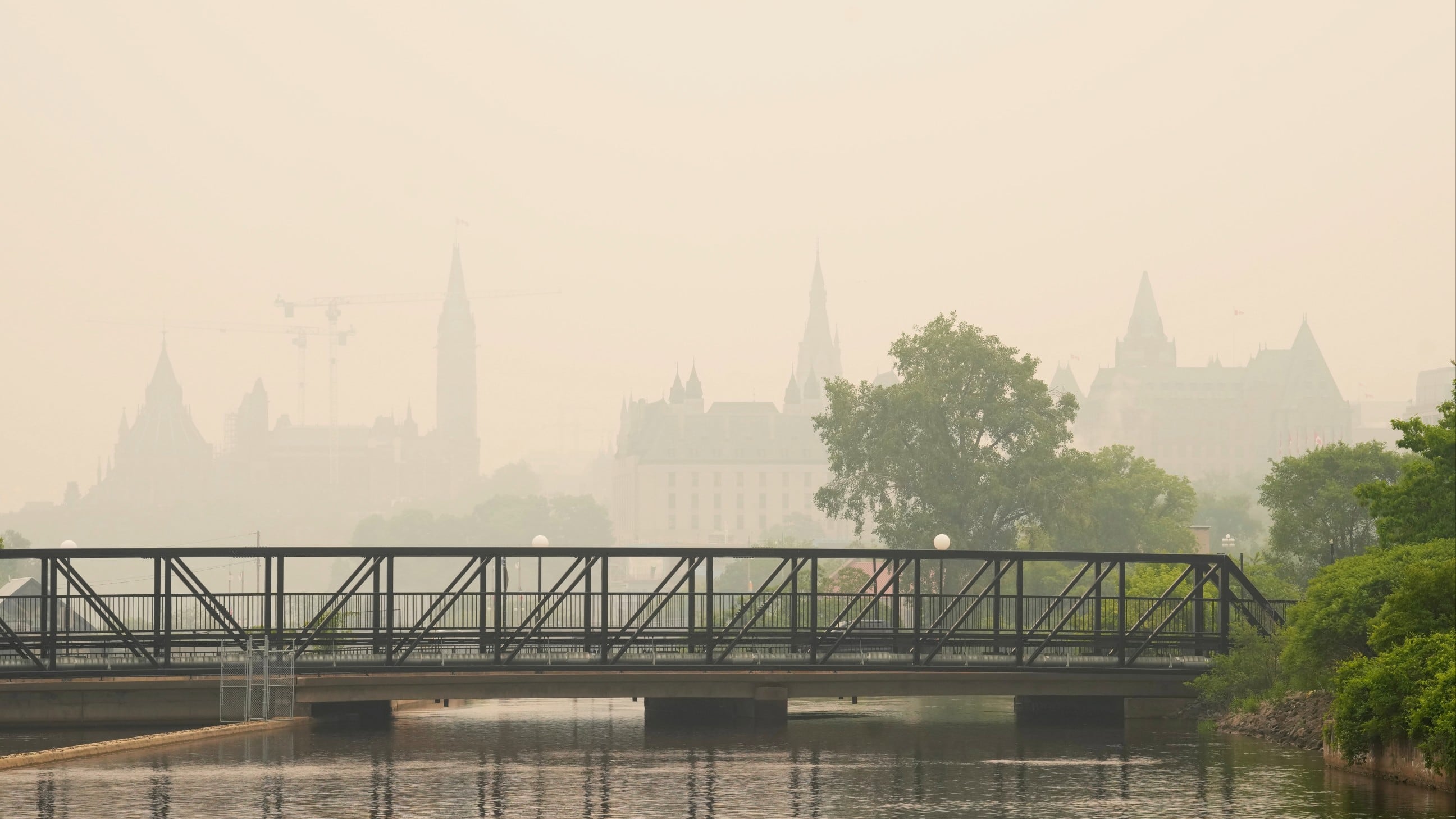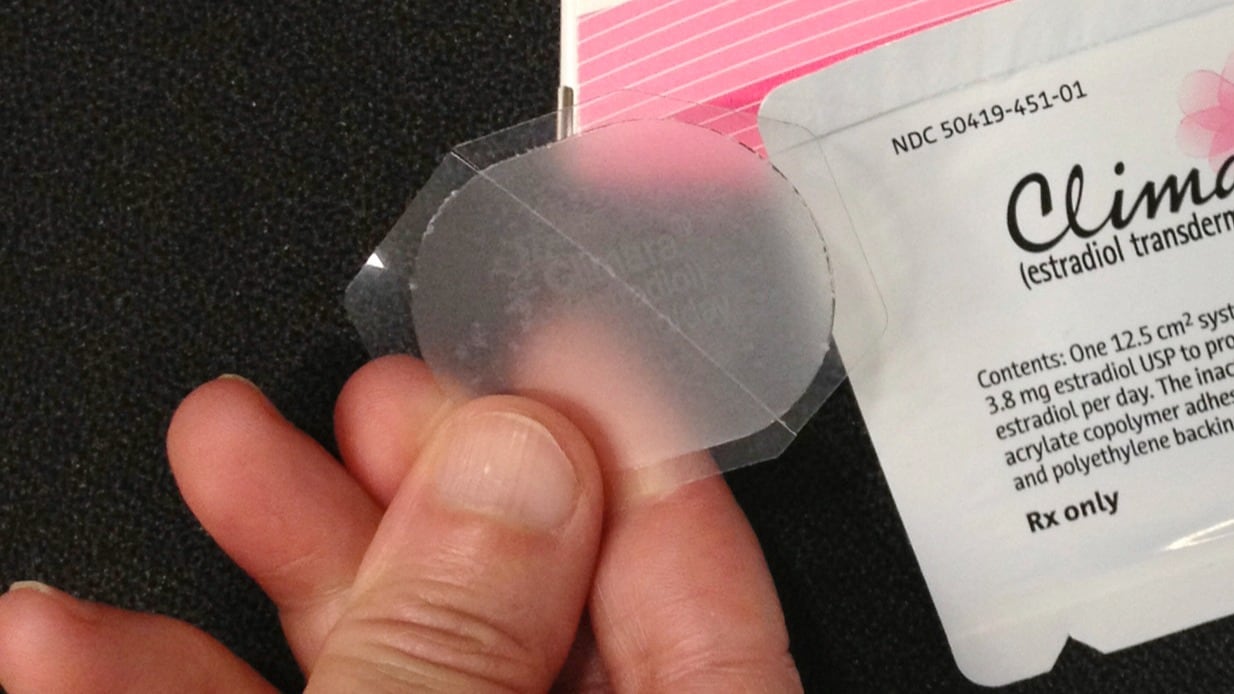CLIMATE CHANGE AND SLEEP
A new study shows that climate change is making it harder to fall asleep. The study, published in Cell Press over the weekend, shows that millions of people are already sleeping less because of higher overnight temperatures. The study looked at people in 68 countries and found that when nights were hotter than 86 degrees, people slept 14 minutes less. That averages out to over 44 hours per year. Here in the U.S., at least 30 percent of adults in most areas reported sleeping less than 7 hours per night, with as many as 43 percent in areas of the south and west. The elderly and people in low-income countries were the most impacted, with the study citing a lack of air conditioning as an issue.
MOSQUITO STUDY
Finally, a couple weeks ago we told you about the study showing that your coconut body wash might stop mosquitoes from biting you. Well now, there's new research showing that your body odor is also a major factor. The study, published in Current Biology, showed that carboxylic acids, a compound that's produced by bacteria on your skin, was the most attractive to mosquitoes. On the flipside, one subject who had higher levels of eucalyptol, a chemical found in the eucalyptus tree, repelled the mosquitoes the most. Unfortunately, these scents can be so subtle that showering or wearing stronger deodorant probably won't be enough to trick the flying pests, but this research could help develop better repellants or traps for mosquitoes in the future.
Be Well: How Therapy Sessions Can Boost Your Mental Health
Experts are warning about a new Covid-19 wave as 14 of New York City's wastewater treatment plants showed high levels of the disease in the past week.
Canada is dealing with a series of intense wildfires that have spread from the western provinces to Quebec, with hundreds of forest fires burning. The smoke has traveled into the United States, resulting in a number of air quality alerts issued since May.
Be Well: How to Identify PTSD Warning Signs and Help With Triggers
Clinical trials of Moderna and Merck’s experimental cancer vaccine showed results in reducing the spread of the most deadly form of skin cancer.
Women often use hormone therapy to relieve hot flashes and other menopause symptoms — and new research suggests patches or creams may be safer for their blood pressure than pills.
The cause of global warming is showing no signs of slowing as heat-trapping carbon dioxide in Earth’s atmosphere increased to record highs in its annual Spring peak, jumping at one of the fastest rates on record, officials announced Monday.
Be Well: How HIIT Training Can Boost Your Overall Fitness
Be Well: How to Achieve Your Own "Moment of Awe" In A World of Chaos
Scientists have discovered a new asteroid that's been tagging along with Earth for the past 2,000 years. The space rock is called a "quasi-moon," since it's only slightly influenced by the Earth's gravitational pull, but it still makes the journey around the sun much like the earth does.












